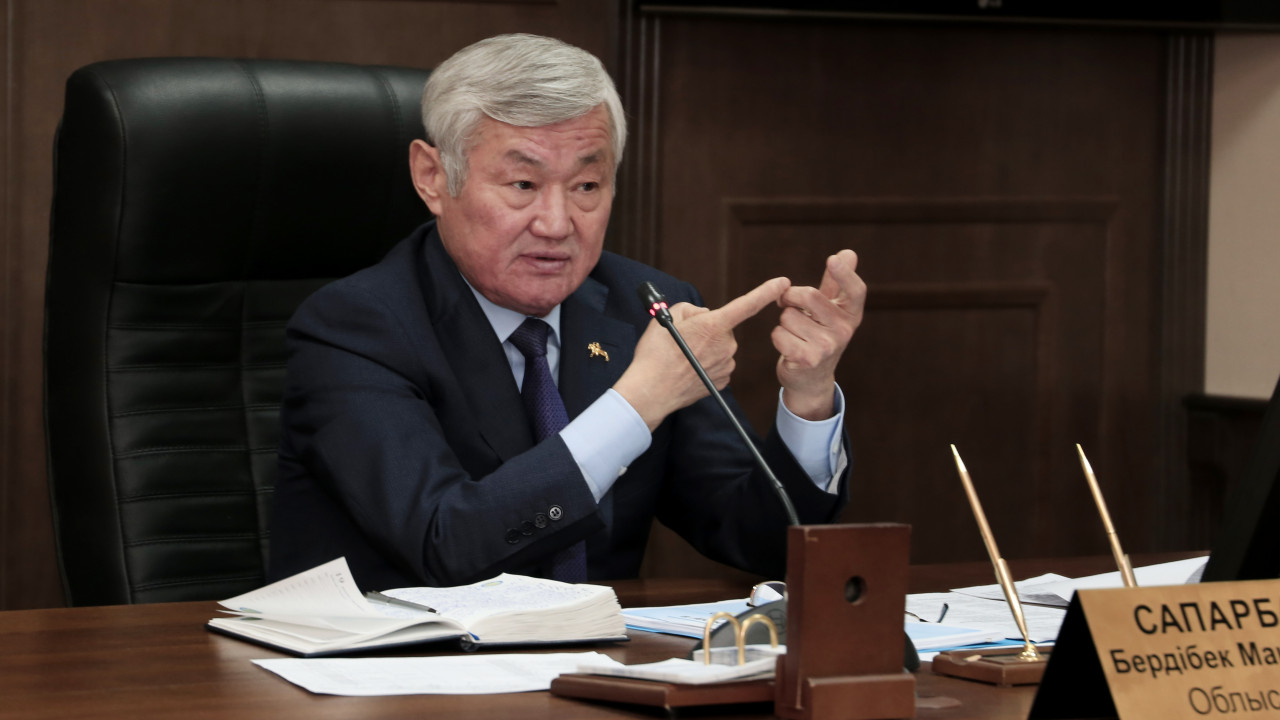
“By 2025, structural imbalances are possible, primarily related to the shortage of middle-skilled personnel. The demand for low-skilled personnel will be reduced and the demand for high-skilled personnel will increase. The additional staffing needs will be for more than 573 thousand people. The main need for personnel will arise in the Turkistan (Turkestan) region, Shymkent, Almaty and Nur-Sultan. In addition, 23 percent of workers now have no education and our task is to reduce the number of unskilled workers”, mentioned the Minister of Labour of Kazakhstan - Berdibek Saparbaev.
The Ministry of Labour and Social Protection of the population in Kazakhstan has estimated how many jobs will be required to be created annually by 2025, the online edition LS reports. According to Labour Minister - Berdibek Saparbaev, Kazakhs will have to create about 380,000 new jobs each year.
“It turns out that a net increase of 100,000 jobs should be given annually. On average, about 200,000 people go on maternity leave, 680,000 retire, and 40,000 go abroad. Technical and special education organizations and universities provide about 180,000 graduates annually”, he said.
In addition, according to the ministry's forecasts, by 2025 Kazakhstan's population will increase to about 20 million people and the number of employees will be in the order of 9.8 million.
“By 2025, structural imbalances are possible, primarily related to the shortage of middle-skilled personnel. The demand for low-skilled personnel will be reduced and the demand for high-skilled personnel will increase. The additional staffing needs will be for more than 573 thousand people. The main need for personnel will arise in the Turkistan (Turkestan) region, Shymkent, Almaty and Nur-Sultan. In addition, 23 percent of workers now have no education and our task is to reduce the number of unskilled workers”, mentioned Saparbaev.
In terms of individual sectors, according to the Ministry, the main demand is expected in the field of trade and education, with a slight reduction in the area of electricity supply and other individual services.
According to the Minister, by the end of 2019 a national system for forecasting of the labour resources will be established. Its main task will be to forecast the demand for labour resources and to formulate the supply of the necessary personnel for the economy.
“It will include measures for training of workforce - both initial and retraining. The second strand will be the introduction of a national qualification system. Today, all the necessary legal framework, based on the European experience has been prepared. Eight qualification levels are defined. The work continues. We plan to prepare 480 professional standards by the end of the year, with 160 of them ready by now. We will finish all work on professional standards by the end of the year”, Berdibek Saparbaev summarized.
According to LS on-line edition, in the period January - March 2019, 2500 persons with higher education, 2000 persons with secondary special education and 1900 persons with secondary education left Kazakhstan (https://lsm.kz/emigraciya-iz-kazahstana-vyrosla-na-22-infografika ).
Again, according to data from the online edition LS, due to the fall of the birth rate in the early 1990s, the influx of new workers into the labour market will significantly decrease in Kazakhstan (https://lsm.kz/deficit-molodyh-kadrov-prodlitsya-do-2023-goda-mintruda ).
Source: https://lsm.kz/kazahstanu-ezhegodno-neobhodimy-380-tys-rabochih-mest--m…
Editor's note:
Berdibek Mashbekovich Saparbaev (born February 9, 1953, in the village of Besarak, Zhanakorgan District, Kyzylorda region, Doctor of Economics) holded the post of Minister of Labor and Social Protection of Kazakhstan until August 20, 2019. After that date, he was appointed Deputy Prime Minister of the Republic of Kazakhstan.